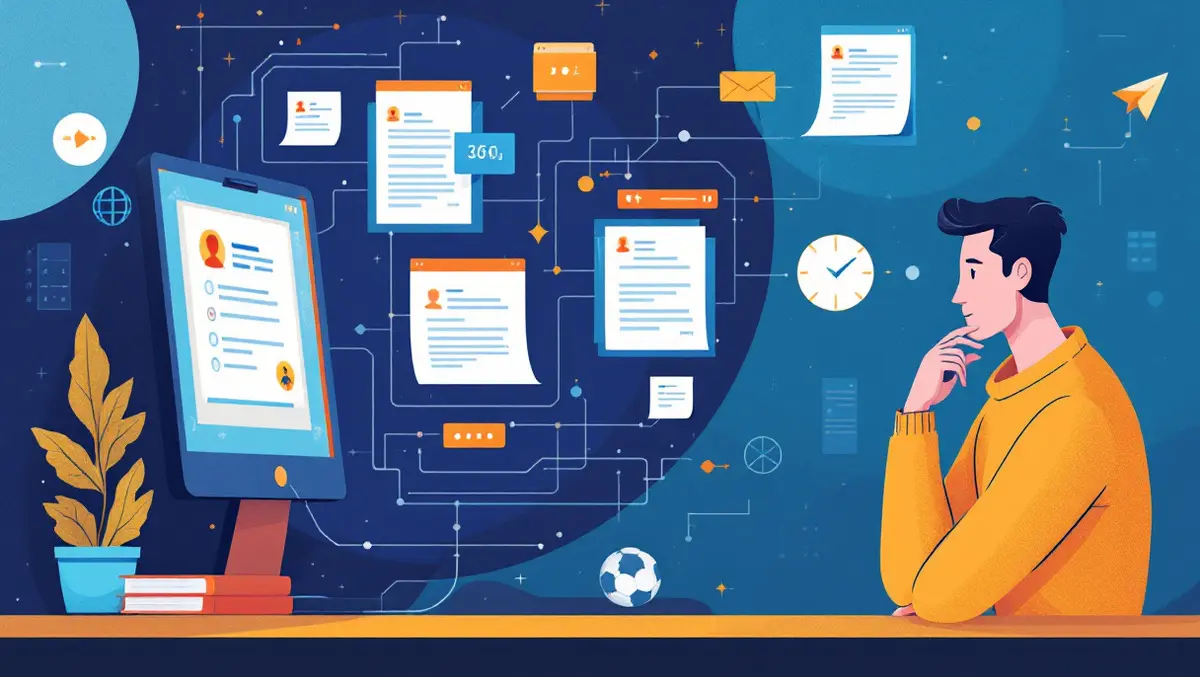
AI transforms hiring but human judgement remains vital
The impact of artificial intelligence on recruitment and whether it threatens the role of human recruiters has become a key issue as automation becomes more widespread in hiring processes.
AI technology now plays a significant part in many stages of recruitment, particularly in filtering CVs and matching candidates to roles at a large scale. This capability can lead to increased efficiency and potentially reduce unconscious bias in recruitment. However, questions remain about its effectiveness and the potential risks associated with its use.
During a recent industry discussion on the theme of "Smart Hiring or Backfiring: Employing AI in Recruitment", four experts from fields spanning HR, recruitment, and AI governance considered both the benefits and limitations of automation in hiring.
One recognised advantage of AI is its speed and consistency when processing vast quantities of data. For tasks such as initial CV screening, an accurately calibrated AI system can often surmount the limits of traditional methods. At the same time, the quality of results produced depends heavily on the quality of data entered. Flaws or biases in historical data can be perpetuated by AI.
David Smith, AI Sector Lead at The DPO Centre, stated: "To get an automated system to match and evaluate things better, we need to be clearer at describing what we want and what we need. The need for automation improves the entire process."
However, there are recruitment aspects where human judgement remains indispensable. Interpersonal skills, motivation, and cultural fit are examples of qualities that algorithms cannot yet assess effectively.
Helen Armstrong, Chief Executive Officer of Silvercloud HR, commented: "cultural fit is as relevant as having the right qualifications and experience. It's about attitude, and AI is never going to be able to assess that. AI has to be an assistant to the recruiter, not a replacement."
Alongside employers, candidates are also increasingly relying on AI tools. Job seekers use platforms such as ChatGPT to refine CVs, generate keyword-optimised cover letters, and tailor applications. While this can create a level playing field for applicants, it also makes it harder to discern genuine intentions and suitability for a role beyond paper qualifications.
Richard Bradshaw, Co-founder of PeopleRE, raised a concern: "Many recruitment processes fail, not because a candidate lacks the skills, but because they ultimately don't have a genuine desire for the specific role. While AI can efficiently match candidates based on qualifications and experience, it isn't yet advanced enough to assess a candidate's motivation, passion or long-term commitment, rather than just securing any job."
The growing role of AI has also sparked commentary about the risk of a two-speed or two-tier hiring system. Lower-level and high-volume roles are increasingly managed using automated pathways, whereas senior or executive appointments still rely on tailored, human-led processes.
Smith observed: "There could be a real digital divide between the exec search and specific job roles for high value individuals, as opposed to the real volume end of the market. I think we have a real possibility that people will be massively disenfranchised at one end where that high-volume and low personalisation comes in. It's going to be a challenge."
For organisations seeking to integrate AI into hiring, experts advise caution and strategy. Identifying the precise goals—such as reducing time-to-hire, improving candidate quality, or increasing diversity—should be the first step. It is important to ensure the technology selected can meet these goals and is compatible with existing recruitment workflows.
Equally, transparency is vital. Recruitment teams must be able to explain how AI systems reach decisions. This includes clear processes for bias mitigation, ongoing analytics, and regular system evaluation to maintain fairness and accountability.
Before adopting AI-based recruitment tools, organisations are advised to ask providers several key questions: How is bias mitigated and are there measures to avoid reproducing historical inequalities? How is candidate data protected, especially given its sensitive nature? How is the system monitored over time and adjusted as needed?
Experts agreed that AI's future in recruitment should be collaborative rather than adversarial. Used appropriately, AI can streamline routine administrative tasks, improve consistency, and ease some of the burdens on human recruiters. Maintaining a people-centred approach is seen as essential to realising the benefits of technology in recruitment.


